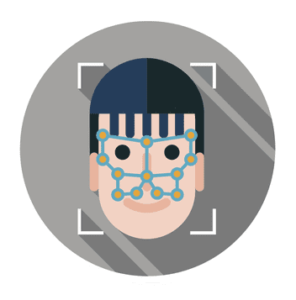
Apple’s introduction of the face-scanning Face ID system in 2017’s iPhone X went a long way in helping to make facial recognition for authentication a mainstream technology among consumers. But it was Amazon that really made facial recognition for large-scale public identification explode into the national discourse as an ethical issue, after an ACLU report exposed the company’s sale of biometric surveillance technology to police agencies in the spring of last year. That helped to escalate a debate about the public use of facial recognition technology that is still going on today, with technology companies, government agencies, rights advocates, academics, and others weighing in on when, where, and how this kind of biometric technology should be used.
Some of the most important recent developments concern legislative restrictions on government use of this technology:
San Francisco Bans City’s Use of Facial Recognition-Based Surveillance
California Assembly Approves Ban of Body Cam Facial Recognition
Ban on Oakland’s Use of Facial Recognition Gets First Round of Approval
Meanwhile, some prominent tech companies are setting limits of their own:
Microsoft Refused to Sell Facial Recognition Tech to California Law Enforcement
And certain deployments have given cause for concern:
New York Fails a Major Facial Recognition Test
Yet industry excitement about the benefits and possibilities of facial recognition continues:
Comprehensive Visiongain Report Forecasts Big Decade for Facial Recognition
Facial Recognition Startup Founded by Apple Engineer Raises $6M in Funding Round
RealNetworks’ Q1 Results Show Revenue Growth from SAFR Biometric Facial Recognition Solution
IDEMIA’s Biometric Facial Recognition Tech Sails to Miami, New Jersey Ports






Follow Us